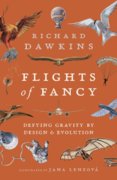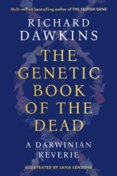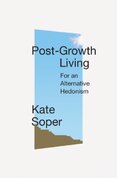Born to parents who were enthusiastic naturalists, and linked through his wider family to a clutch of accomplished scientists, Richard Dawkins was bound to have biology in his genes. But what were the influences that shaped his life and intellectual development? And who inspired him to become the pioneering scientist and public thinker now famous (and infamous to some) around the world? In An Appetite for Wonder we join him on a personal journey back to an enchanting childhood in colonial Africa. There the exotic natural world was his constant companion. Boarding school in England aged 8, and later, public school at Oundle introduce him, and the reader, to strange rules and eccentric school masters vividly described with both humorous affection and some reservation. An initial fervent attachment to Church of England religion soon gives way to disaffection and, later, teenage rebellion. Early signs of a preference for music, poetry and reading over practical matters become apparent as he recalls the opportunities that entered his small world. Oxford, however, is the catalyst to his life. Vigorous debate in the dynamic Zoology Department unleashes his innate intellectual curiosity; and inspirational mentors together with his own creative thinking ignite the spark that results in his radical and new vision of Darwinism, The Selfish Gene. From innocent child to charismatic world-famous scientist, Richard Dawkins paints a colourful, richly-textured canvas of his early life. Honest self-reflection and witty anecdote are interspersed with touching reminiscences of his best-loved family and friends, literature, poetry and songs. We are finally able to understand the private influences that shaped the public man who more than anyone else in his generation explained our own origins.















